Covid: Suicide prevention help calls during lockdown
- Published

Terry Davies (left) took his own life in 2018 despite seeking help for his depression
A man whose father took his own life is calling for more mental health support amid fears more people are struggling because of Covid restrictions.
Dion Davies' father Terry took his own life in 2018.
Suicide rates in England and Wales remain at a 20-year high with fears lockdowns are increasing known risk factors like loneliness.
Official figures show more people have reported symptoms of depression since the pandemic began.
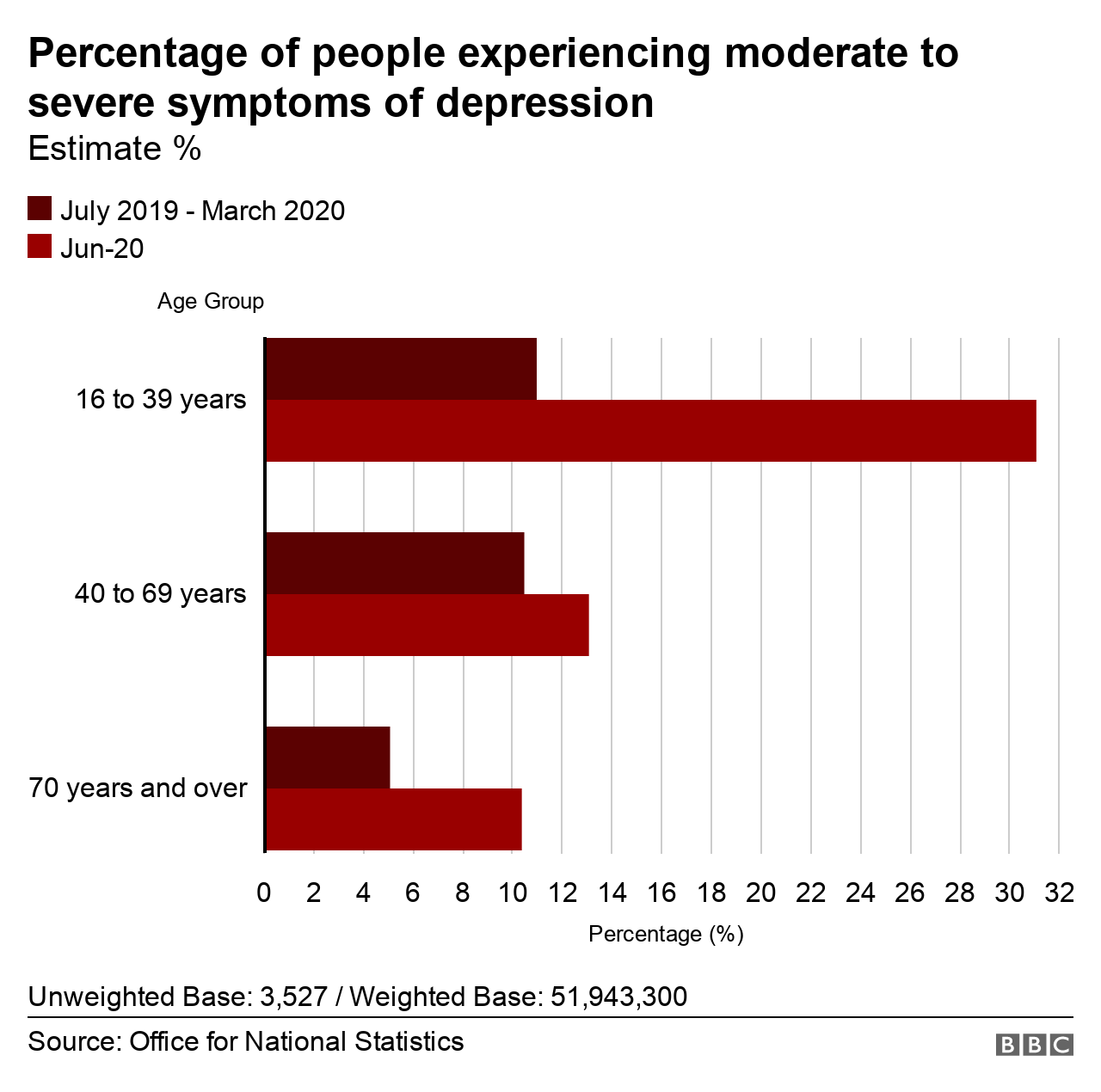
Moderate to severe depressive symptoms are estimated to have almost tripled for 16 to 39 year olds.
Mr Davies, 21, who lives in Aberystwyth and has raised money for mental health charities, has called for more help to be made available to those having suicidal thoughts.
"I think losing anyone you love is the hardest thing any person can go through," he said.
"Me and my dad were close and I considered him the person I loved the most. He was my everything.
"He was and is the person I look up to. He was so funny and inspiring to me and still is.
"The world was a better place with him in it."
Mr Davies said his father, who worked as a map conservationist at the National Library of Wales, had been getting help for his depression from mental health charities and his GP.
Loneliness and depression
Mr Davies said although there had been improvements to suicide prevention since his father's death, more was still needed.
"I don't think there will ever be enough done, there will always be people who fall through the cracks no matter how much of a support system you set up," he said.
Experts fear suicide risk factors such as loneliness and depression will be made worse as the UK is plunged into continued lockdown measures to contain the coronavirus pandemic.
Prof Ann John, who advises the Welsh Government on its suicide prevention strategy, warned suicide risk factors were likely to be increased.
"Tackling known risk factors that are likely to be exacerbated by the pandemic is crucial," she said.
"These include depression, post-traumatic stress disorder, hopelessness, feelings of entrapment and burdensomeness, substance misuse, loneliness, domestic violence, child neglect or abuse, unemployment, and other financial insecurity."
In 2019, three-quarters of those who took their own lives in England and Wales - a total of 4,303 - were men.
This was the highest figure since 1981 and highest rate - 17 per 100,000 - since 2000.
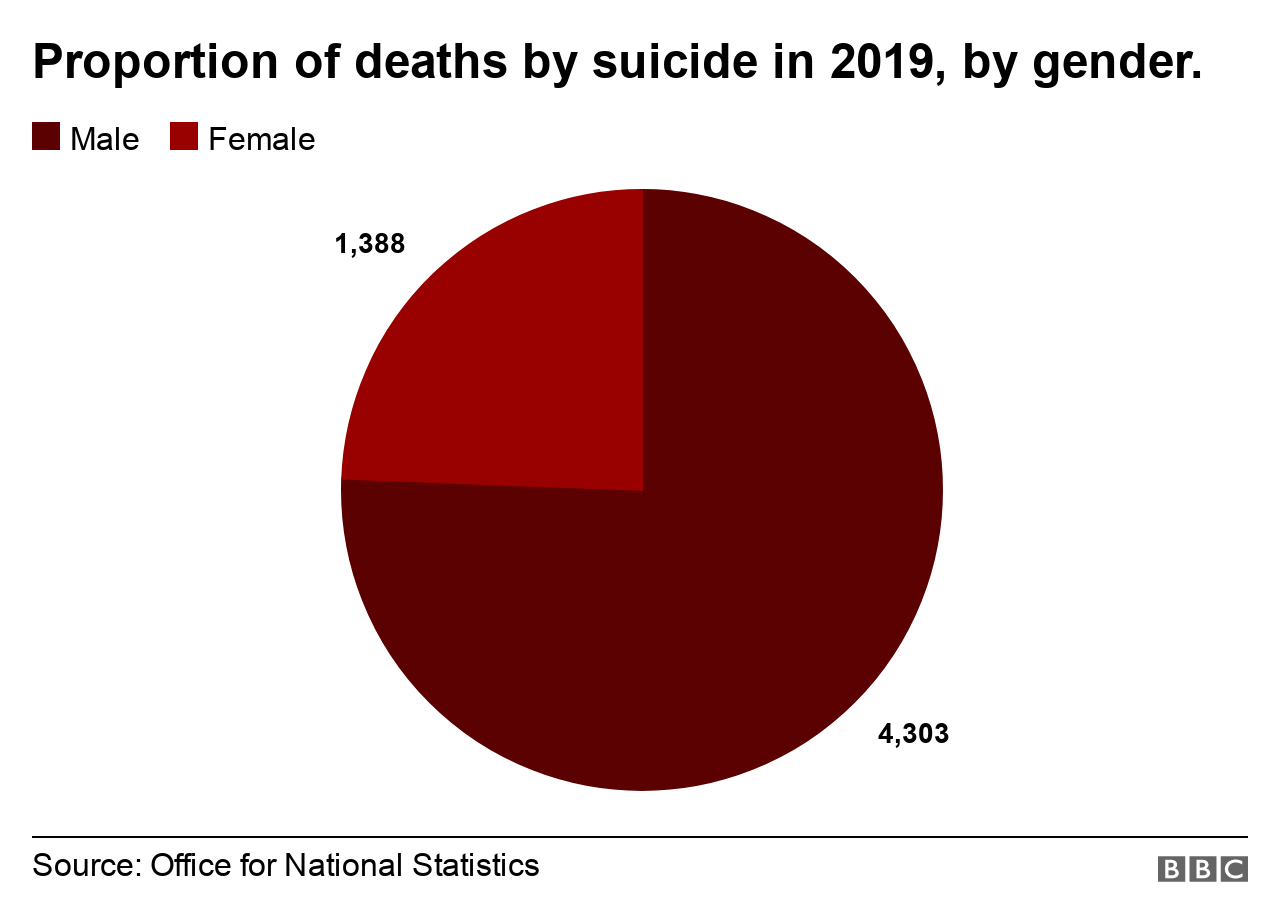
Males made up for three-quarters of suicides in in England and Wales in 2019
Since the start of the pandemic, which has contributed to the deaths of more than two million people worldwide, measures have been implemented which have forced people to remain in their homes and limit social connections.
In June 2020, nearly one in five adults was likely to be experiencing some form of depression during the coronavirus pandemic, according to the Office for National Statistics (ONS).
'Challenging times'
The numbers of people reporting moderate to severe symptoms of depression has doubled since the start of the pandemic.
Simon Jones, from mental health support charity Mind Cymru, said: "These are challenging times for us all, especially when restrictions are put in place which might prevent us being able to do the things that normally help us stay well, like seeing loved ones.
"But there are self-care techniques which can help improve your wellbeing and even prevent mental health problems developing or worsening, alongside help and support that can be accessed through mental health services."
Mr Jones highlighted connecting with others electronically, through services like Zoom and Skype, as a good coping method along with the importance of getting enough sleep.
"Mental health and sleep are closely linked - having poor mental health can affect your sleep, and not sleeping well can affect your mental health.
"We also know that having sleep problems can affect your mental health by causing feelings of anxiety and depression or affecting your ability to concentrate, for example."

If you are struggling to cope, contact the Samaritans on the free helpline 116 123, or please click on this link to access support services.
- Published8 September 2020
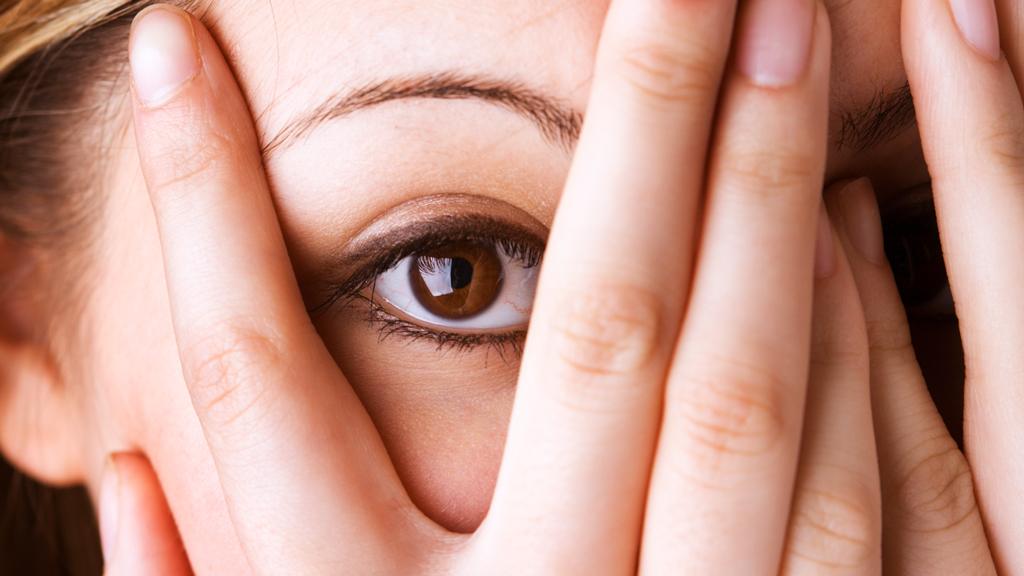
- Published16 March 2020
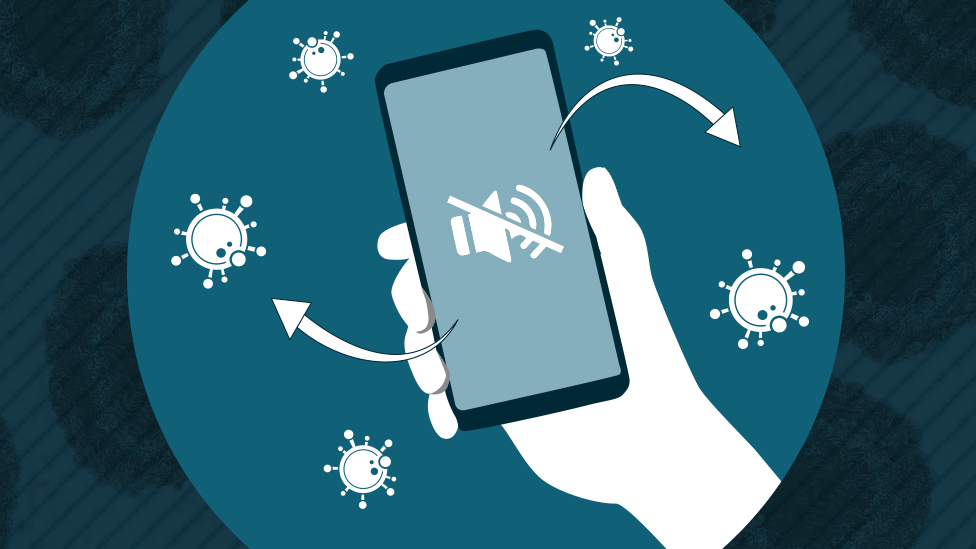
- Published24 April 2020
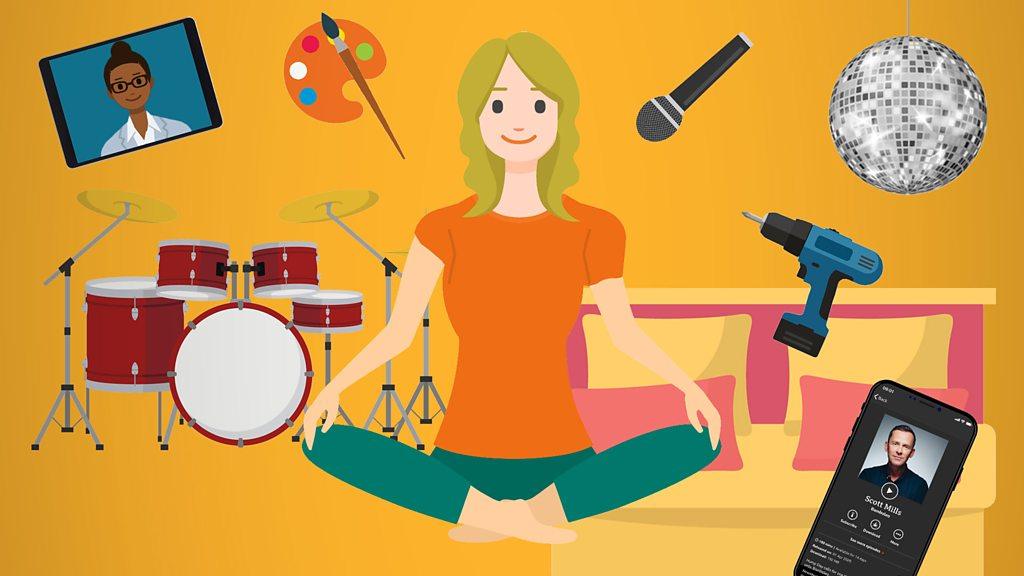
- Published3 May 2020
